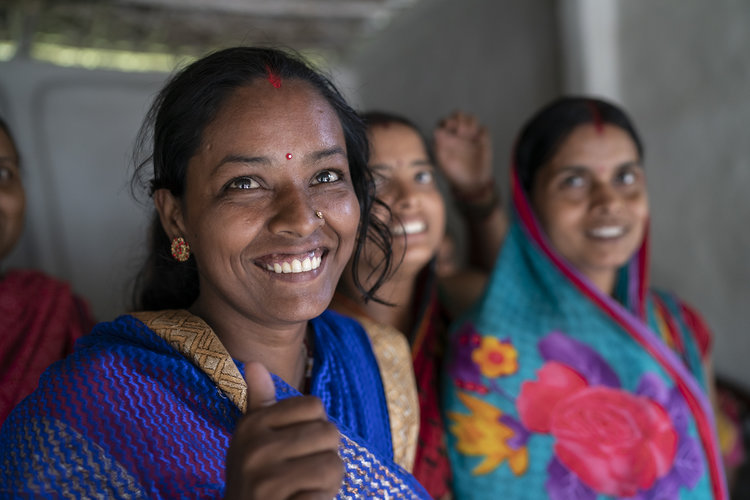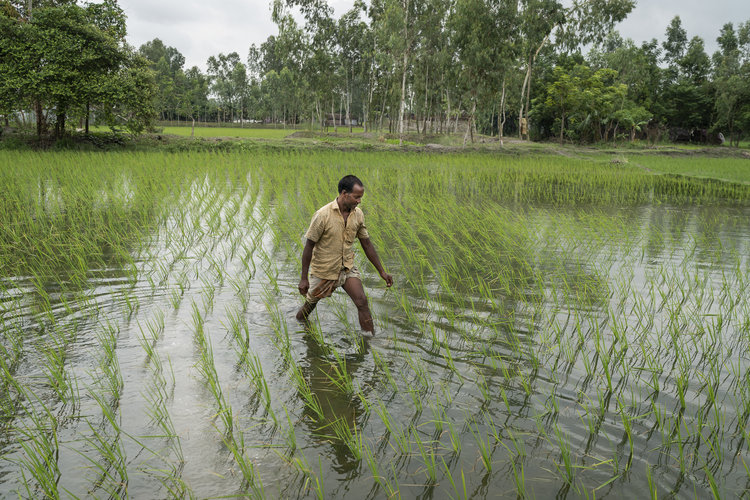The Food-Energy-Water Nexus
How can we create sustainable food systems across the Eastern Gangetic Plains?
The Eastern Gangetic Plains spans India, Bangladesh and Nepal and the major Himalayan river basins of the Ganges and Brahmaputra rivers.
Pursuing sustainable food systems is an issue of fundamental and strategic importance for South Asia, and the nexus between food, water and energy is crucial to its success. In the agricultural sector, policies and high level decisions affect the food-energy-water nexus; but additionally, so do the decisions that farmers make each season.
Through the Sustainable Development Investment Portfolio, the Australian Government’s Department of Foreign Affairs and Trade (DFAT) has made a major investment over 12 years to increase water, food and energy security in South Asia and to facilitate economic growth and improve the livelihoods of the poor and vulnerable in the region, especially women and girls.
Since 2014, the Australian Centre for International Agricultural Research (ACIAR) with the International Maize and Wheat Improvement Center (CIMMYT) and their regional partners have been trialling a range of agricultural practices for sustainable intensification with over 100,000 farmers. These practices include minimizing soil disturbance, maintaining soil cover and diversifying cropping systems, along with improved crop management techniques.
Now in its second phase, ACIAR’s SDIP program aims to maximise agriculture’s contribution to sustainable food systems in the EGP, for improved food, energy and water security. The program includes addressing constraints to sustainable intensification; understanding that scaling of different farming systems in time and place will impact on current biophysical and socio-economic systems; identifying effective institutional arrangements; and collaborating on longer term planning and strategies. This approach recognizes that if sustainable intensification is the preferred pathway that contributes to future food, energy and water security, transformational changes are required now that can ensure sustainable food systems in the future.

